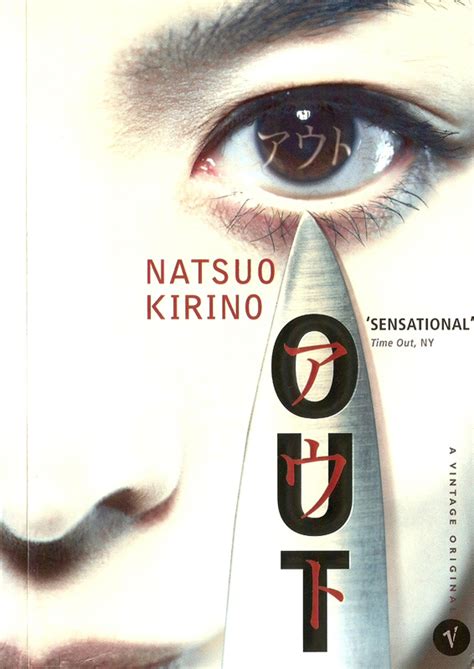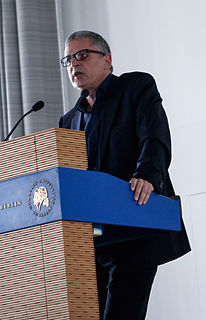A Quote by Richard Dawkins
Words are our servants, not our masters. For different purposes, we find it convenient to use words in different senses.
Related Quotes
If something comes along that you don't like, there are a few sort of four-letter words that you can use to push it out of the sphere of discussion. If you were in a bar downtown, they might have different words, but if you're an educated person what you use are complicated words like "conspiracy theory" or "Marxist." It's a way of pushing unpleasant questions off the agenda so that we can continue in our own happy ideology.
One of the major symptoms of the general crisis existent in our world today is our lack of sensitivity to words. We use words as tools. We forget that words are a repository of the spirit. The tragedy of our times is that the vessels of the spirit are broken. We cannot approach the spirit unless we repair the vessels. Reverence for words - an awareness of the wonder of words, of the mystery of words - is an essential prerequisite for prayer. By the word of God the world was created.
What has started to interest me is how you use all the different disciplines and tools we have at our disposal, and that includes going into different art forms, like music and movement, because often they can tap into things that characters can't necessarily express through words. Audiences really enjoy that total experience.
Fortunately for me, I ran across some girls I could get along with so I could enjoy high school life okay, but it must be awful for kids who don't get along with anybody. We're different from our parents, a completely different species from our teachers. And kids who are one grade apart you are in a different world altogether. In other words, we're basically surrounded by enemies and have to make it on our own.
When we can't hold back, or set boundaries, on what comes from our lips, our words are in charge-not us. But we are still responsible for those words. Our words do not come from somewhere outside of us, as if we were a ventriloquist's dummy. They are the product of our hearts. Our saying, "I didn't mean that," is probably better translated, "I didn't want you to know I thought that about you." We need to take responsibility for our words. "But I tell you that men will have to give account on the day of judgment for every careless word they have spoken" (Matt. 12:36).
For we let our young men and women go out unarmed in a day when armor was never so necessary. By teaching them to read, we have left them at the mercy of the printed word. By the invention of the film and the radio, we have made certain that no aversion to reading shall secure them from the incessant battery of words, words, words. They do not know what the words mean; they do not know how to ward them off or blunt their edge or fling them back; they are prey to words in their emotions instead of being the masters of them in their intellects.





































